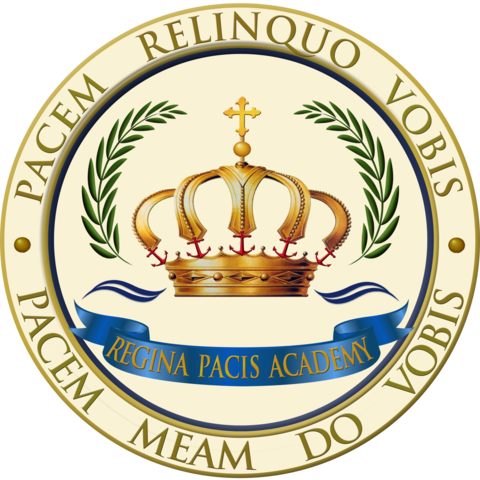Many private schools throughout the country have eschewed the implementation of technology in their classrooms to ensure optimal educational results. We consider below the reasons behind this smart decision.
Technology Hinders Proper Child Development
While technology is usually considered to have very beneficial effects in education, the truth is that it can affect proper child development. It affects memory, prevents long-term retention of knowledge, and the development of basic social skills. Numerous studies have now demonstrated the detrimental impact of excessive screen time on children’s developing brains. Furthermore, technology in the classroom does not stimulate learning; it can be a significant distraction that, rather than aiding instruction, actually gets in the way of learning. Even when students seem to be engaged in learning through devices, they learn much more slowly due to the distraction.
Technology Contributes to Lower Grades
For the rest of the world, technology has been a welcome improvement because of the convenience it brings. However, although it is considered to be only beneficial, it actually has a counterproductive effect on school grades and test scores.
Contrary to popular opinion, pushing technology in schools has been shown to lower test scores in students in a variety of subjects like math, science, and reading. But, surprisingly, a simple approach has even better results. For the best education, it has been shown that students can thrive with only an overhead projector, if even that, operated by a skilled and competent human teacher.
Technology Obscures the True Purpose of Education
Overall, the increasing use of technology in the classroom has had a very disruptive effect on the educational system. Technology, when used not as a tool for learning but as the means of learning, obscures the true purpose of education. In addition, it has resulted in the wasteful use of resources, considering that the U.S. government has invested billions of dollars in technology for schools across the country. The main goal behind this move has been purely utilitarian, that is, to produce workforce-ready adults who can contribute to the economy.
However, this goes against the main purpose of the education system, which is originally designed to form the human person. When used too early in education, technology has a destabilizing effect because it wrestles control away from the very people capable of developing character, imparting knowledge, and forming students as human beings - namely, teachers. It takes a human being to form another human being. No screen or device or tablet computer can replace that human formation. This is even more true in a Catholic school, where it is not only a student’s intellect that is being formed but, perhaps more critically, his very soul.
According to the Pew Research Center, there are about 51 million Catholic adults residing in the U.S., accounting for roughly one-fifth of the country's entire adult population. At Regina Pacis Academy, one of our main objectives is to contribute to a society of well-formed individuals by focusing on proper child development and the cultivation of character without introducing disruptive, and frankly unnecessary, technology into the picture. In a nutshell, only the combination of our dedicated teachers and well-selected schoolbooks make for the best education in general, and the best Catholic education, in particular.


